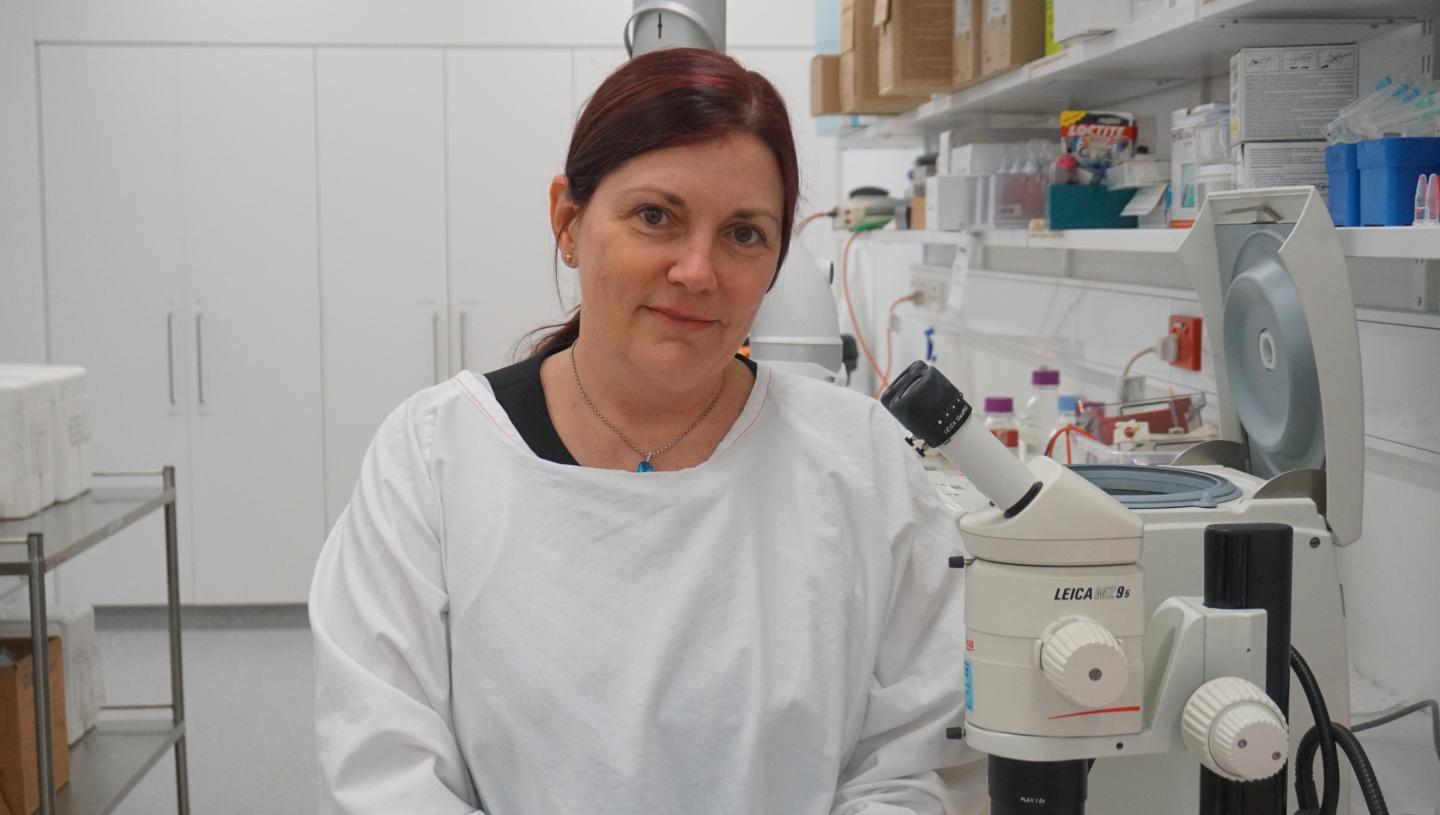A new study has investigated how exposure to certain triggers can increase the risk of type 1 diabetes

Credit: The Westmead Institute for Medical Research
A new study has investigated how exposure to certain triggers can increase the risk of type 1 diabetes.
Researchers from The Westmead Institute for Medical Research are looking at an array of potential triggers that could increase the risk of type 1 diabetes. Results of a recent study have shown how exposure to coxsackievirus can increase this risk. Coxsackievirus is a common virus that causes diseases including myocarditis, Hand, Foot and Mouth Disease and gastroenteritis.
The study discovered a key transcription factor (proteins that help turn specific genes on or off) called hypoxia inducible factor 1-alpha (HIF-1A) is behind this increase in risk. Researchers found that mice missing HIF-1A in beta cells (β-cells) had a much higher risk of type 1 diabetes after infection with viruses, including coxsackievirus. Lack of β-cell HIF-1A increased β-cell death and, in turn, increased the incidence of type 1 diabetes.
Lead researcher Professor Jenny Gunton said the findings highlight the key role β-cells play in the risk of diabetes.
“If they are healthy, then β-cells recover normally after stresses like viral infections, and diabetes does not develop. But, if β-cells don’t cope well with these stresses, it can trigger the immune process that leads to type 1 diabetes.
“Our study also showed that the increase in diabetes risk can result from exposure to other stresses, including toxins. So β-cells play a crucial part in preventing their own death when faced with environmental triggers for type 1 diabetes.
“We have now identified that HIF-1A is an important factor in this decision about whether the cells recover, or die. This is the first β-cell specific model to show increased risk of type 1 diabetes with a range of triggers,” said Professor Gunton.
The findings highlight HIF-1A as a potential pathway for the development of new preventative measures and suggest the possibility that a vaccine for coxsackievirus could help prevent type 1 diabetes in at-risk people.
This comes at a crucial time, as rates of type 1 diabetes are increasing worldwide.
Type 1 diabetes is an autoimmune condition where the immune system attacks and kills β-cells in the pancreas. These are the only cells in the body that make insulin, which we need to control our blood glucose (sugar) levels.
Professor Gunton said, “While there is a strong genetic component to type 1 diabetes, genes alone cannot explain the rising global rates of type 1 diabetes. Currently, the only cures for type 1 diabetes are whole pancreas or islet transplantation, and people have to take insulin for the rest of their lives. So potential preventative strategies are exciting.”
###
The research paper was published in Cell Reports: https:/
Professor Jenny Gunton is affiliated with The Westmead Institute for Medical Research, Westmead Hospital and the University of Sydney.
Media Contact
Kylie Ironside
[email protected]
Related Journal Article
http://dx.




